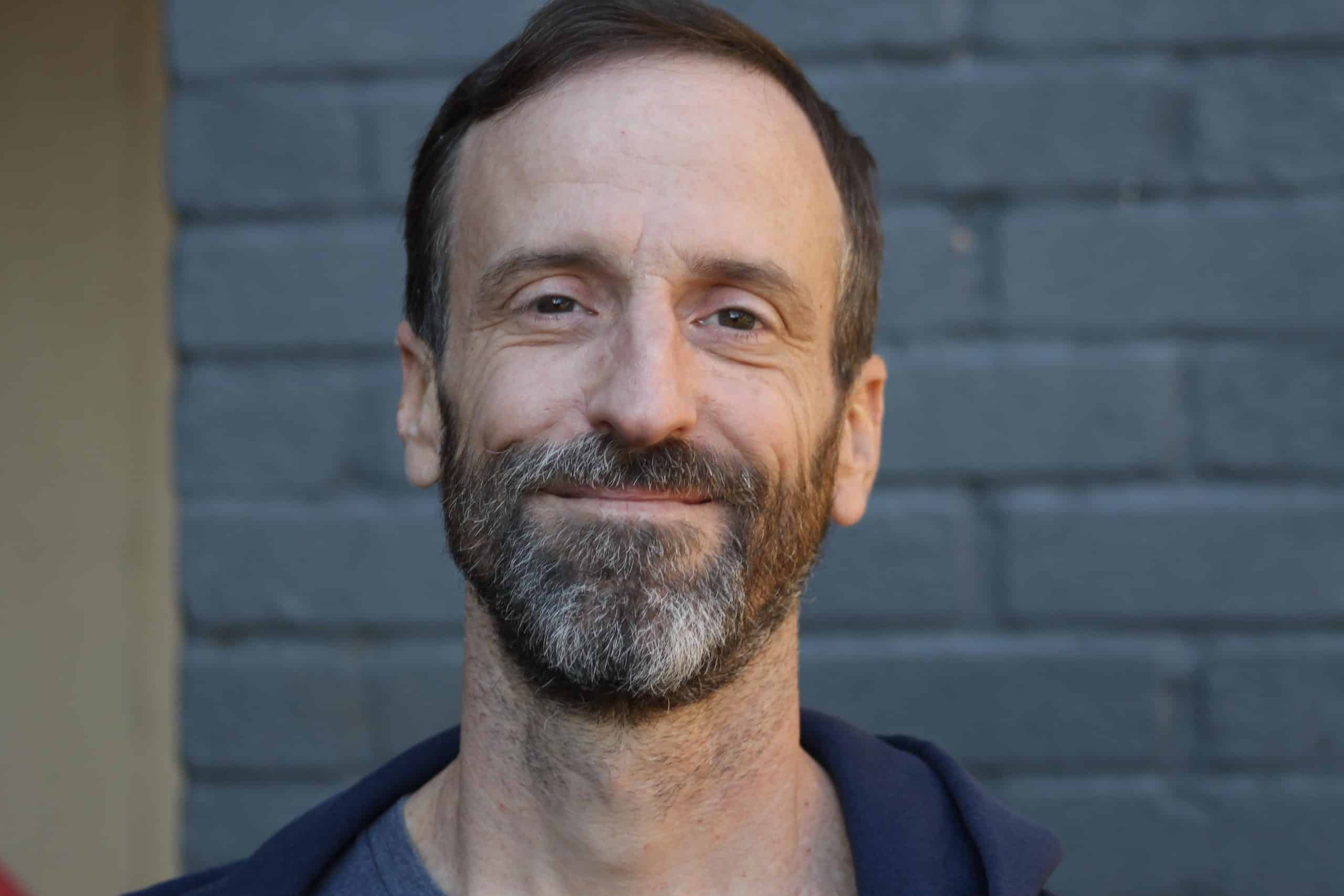To placate the Saudis during the negotiation of the Iran deal, of course.
Now check out this insane recitation/rationalization of the facts by Obama-man Robert Malley:
“Why the U.S. got entangled in this war—and why a president so determined to keep the country out of another Mideast military mess nonetheless got caught in this one—makes for a painful a story. In March 2015, Saudi Arabia came to the U.S. with a request for support in a campaign it vowed to conduct regardless. After that, and although events took place a mere four years ago, memories blur. In our conversations, many former U.S. officials found it hard to recall what precisely the Saudis asked for, what specific commitments the administration made in response, and when certain types of assistance started to flow. Some, including one of us who attended the deliberations, recall a deeply ambivalent president who greenlighted U.S. support but insisted it be confined to the defense of Saudi territory and not extend to the war against the Houthis. Others don’t recall hearing about that instruction, and struggle to reconcile it with what the U.S. actually did during the war—including refueling coalition sorties and replenishing weapons stocks.
“Yet all agree the decision ultimately came without much debate. The reason, at bottom, was straightforward: Here was a partner (Saudi Arabia) seeking help in restoring a government (that of President Hadi) the U.S. regarded as legitimate and a loyal ally in the war against al-Qaeda. That government had been toppled by an insurgent group (the Houthi or Ansar Allah); although the extent of its ties to Iran was debatable and debated, their existence was indisputable. Plus, all this came at a time when relations between Washington and Riyadh already were deeply damaged by disagreements over the Obama administration’s response to the Arab uprisings and, even more so, its negotiations over a nuclear deal with Tehran. As Riyadh saw it, doing nothing would mean permitting control by a Hizbollah-like organization of its southern border, ensconcing a perpetual threat. Rebuffing the Saudi request at any time likely would have provoked a serious crisis in Saudi/U.S. bilateral relations. Doing so while the U.S. was seeking a landmark agreement with the kingdom’s sworn enemy could have brought them to breaking point. That was a risk even a president skeptical of the wisdom of Saudi policies and willing to call into question elements of the relationship was not prepared to take.
“Had he known how long the war would last, and how costly it would be, perhaps Obama would have reached a different decision. As his presidency came to a close, the U.S. took a limited and belated step to mark its distance, halting the provision to Saudi Arabia of certain weapons. Even these modest qualms are not, apparently, shared by his successor. If, under Obama, support assumed the form of enabling the campaign, under President Trump, it has taken the costlier shape of encouraging and emboldening those who prosecute it, framing the conflict as just one more front in the battle against Iran. Secretary of State Mike Pompeo has claimed that the deaths in Yemen are not ‘because of the Kingdom of Saudi Arabia.’ Days later, the Saudi Air Force hit a Save the Children-backed hospital in northern Yemen, killing seven.”
To his credit, Malley is calling for an immediate halt to the war in the piece, but still.































